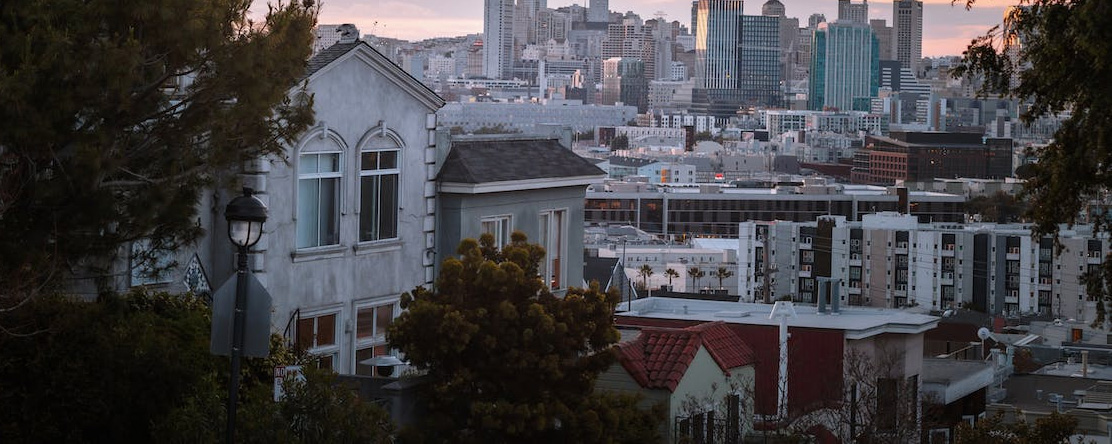
Connecting Housing Justice, Health and Journalism: A Guide for Bay Area News Reporters
- The Council of Community Housing Organizations
The Bay Area Regional Health Inequities Initiative
Berkeley Media Studies Group
-
Focus Areas
Capacity Building & Leadership -
Expertise
Research – Surveillance -
Programs
Berkeley Media Studies Group

How do Bay Area news outlets cover housing? Are the connections between housing and health apparent in news coverage? And given the long history of racial inequities in housing, especially for the Bay Area’s Black community, is the legacy of that history or the actions to correct it described in local news? What does the coverage get right, and where are the gaps in reporting about housing?
Connecting Housing Justice, Health, and Journalism explores how journalists can uncover the roots of housing and health inequities and elevate solutions for social justice. The guide, created by Council of Community Housing Organizations, the Bay Area Regional Health Inequities Initiative, and PHI’s Berkeley Media Studies Group, is intended to equip journalists with knowledge and insights, grounded in an equity framework, that can help reporters hold the powerful to account by asking sharper questions and connecting with diverse voices who can reflect on housing policy and what it means for the health of local communities in the Bay Area and across California.
See the guide“Black communities and leaders are at the forefront of proposing solutions targeted to the needs of Black communities, offering innovative approaches to improve health and well-being, along with housing options for the Bay Area as a whole. These solutions can get to the root of the housing crisis and move us out of seemingly intractable problems, yet Black housing and Black leaders are rarely covered in news stories about housing.”
Study findings
- While housing appears regularly in news coverage from these papers, it constitutes only about 2% of news coverage overall.
- A range of housing policies were reported but with little context and limited focus on solutions.
- About one in five stories discussed some aspect of tenant protections including rent control, eviction protections, laws preventing landlord harassment, or discrimination in housing access.
- Local government sources were most often quoted in stories but rarely discussed the broader landscape that makes having a home out of reach for too many Bay Area residents.
- Discussions of housing were connected to health — particularly COVID-19.
- Few stories delved into racial inequities in housing for the Black community or for other communities of color.
Recommendations for journalists
- Capture underreported angles on housing stability and affordability
- Report on solutions and how they address racial, income-based, and other inequities
- Cultivate expert sources among those most negatively impacted
- Report on the intersection of housing and other issues
- Describe the history of — and the people or organizations who benefit from — housing policies
“Understanding the connection between racial equity and housing isn’t an optional perspective — it’s essential if we truly want to report on how we might turn the tide on housing in the Bay Area.”
This guide is a resource for further dialogue with local reporters in urban, suburban, and rural settings. For more information, please contact John Avalos, Melissa Jones or Katherine Schaff at BMSG.
Originally published by Berkeley Media Studies Group
Work With Us
You change the world. We do the rest. Explore fiscal sponsorship at PHI.
Support Us
Together, we can accelerate our response to public health’s most critical issues.
Find Employment
Begin your career at the Public Health Institute.


